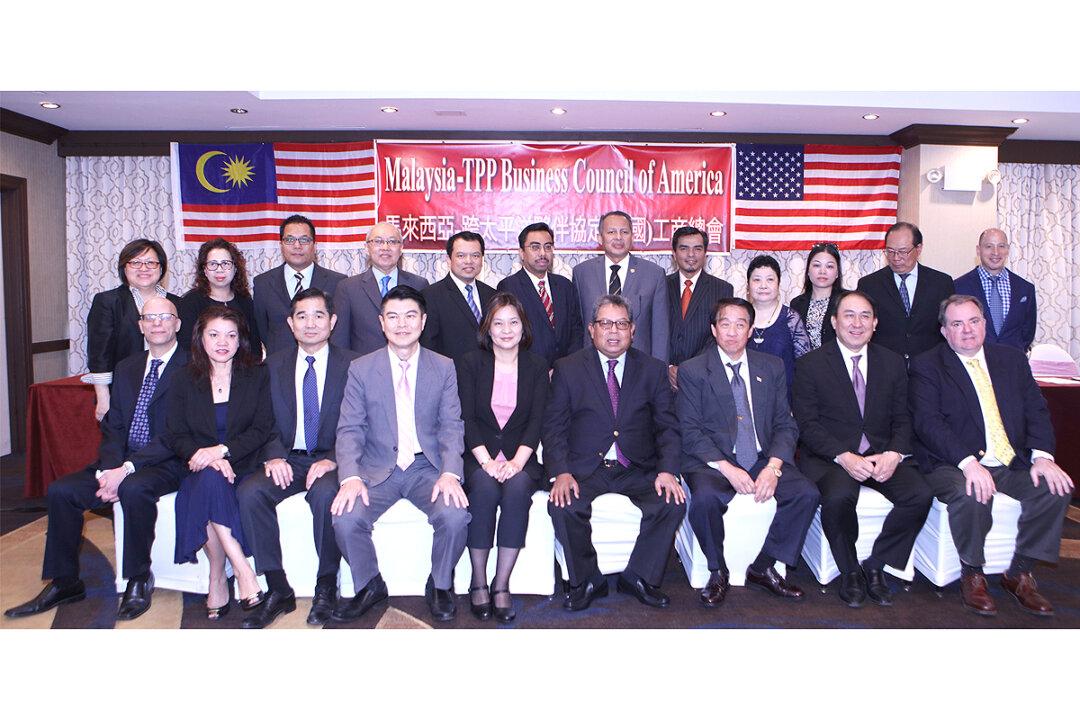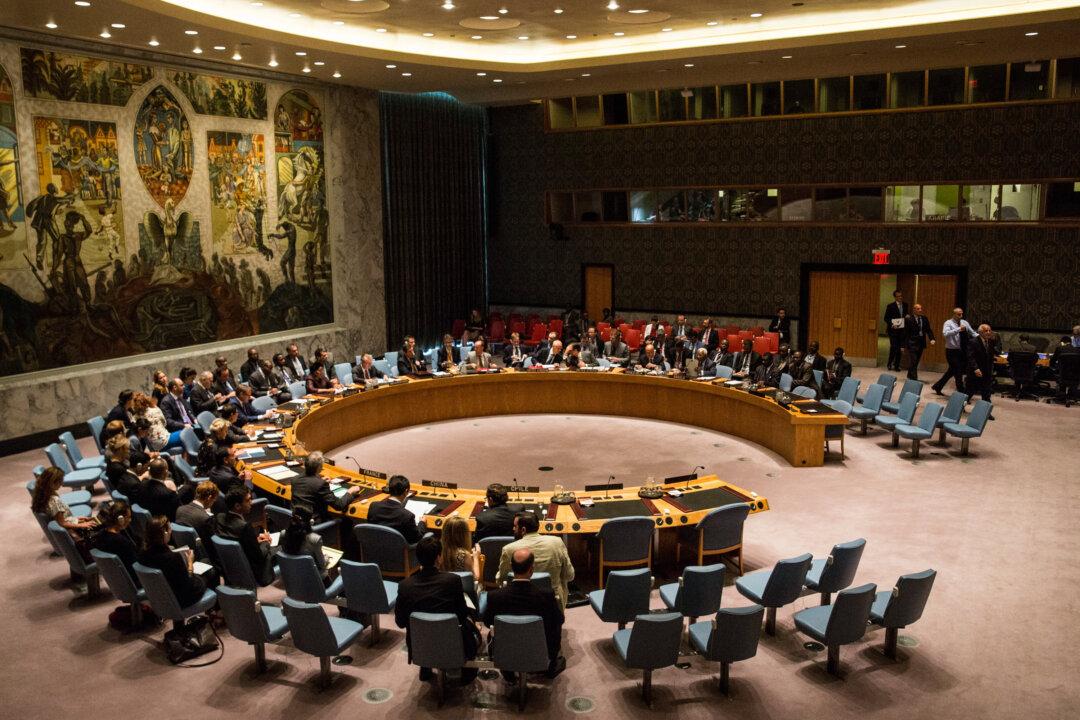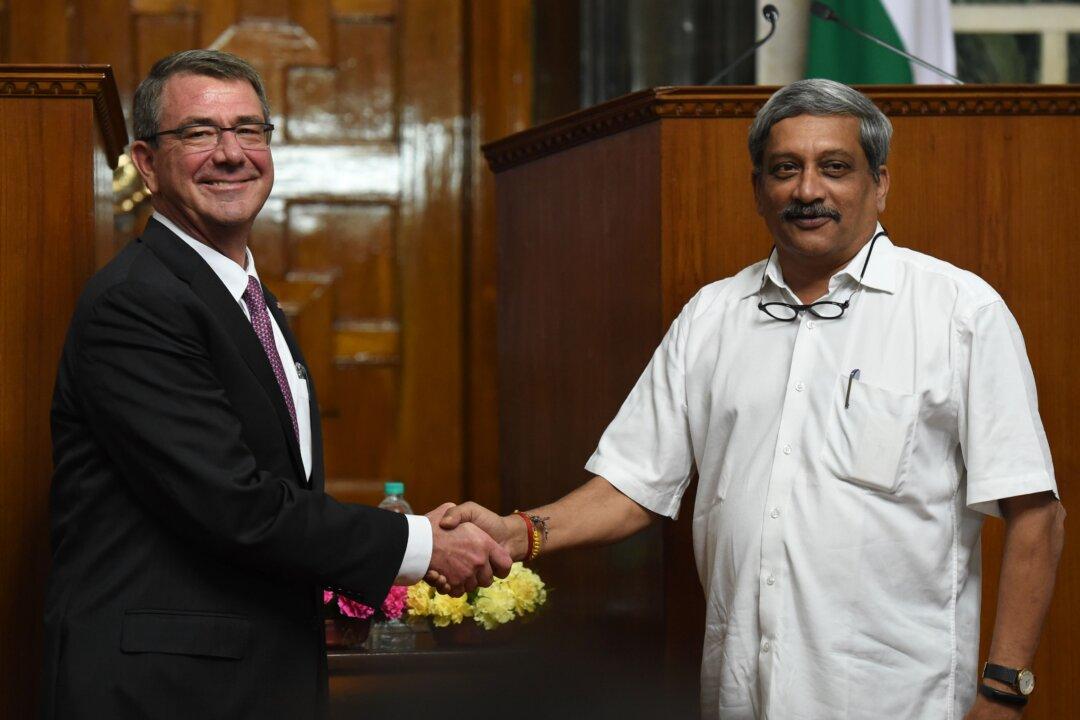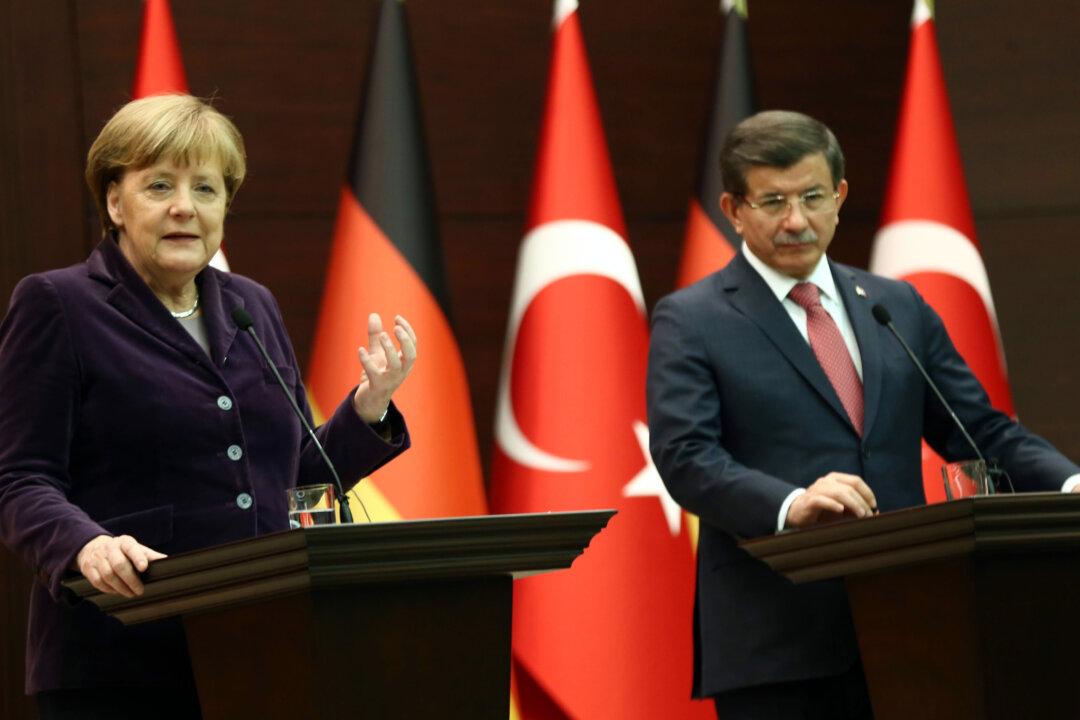As the din in the U.S. Presidential race gets noisier, issues of national interest are being put on the back burner.
One such issue is the Trans-Pacific Partnership (TPP), a free-trade agreement between 12 countries—Australia, Brunei Darussalam, Canada, Chile, Japan, Malaysia, Mexico, New Zealand, Peru, Singapore, the United States, and Vietnam—which has caused trepidations amongst the member states following comments by the two presumptive presidential candidates—Donald Trump (Republican) and Hillary Clinton (Democrat)—opposing the TPP agreement.
The TPP, which was formally signed on Feb. 4, 2016, in Auckland, New Zealand, has yet to be ratified by the U.S. Congress. President Barack Obama wants the TPP passed in Congress before his term ends.




